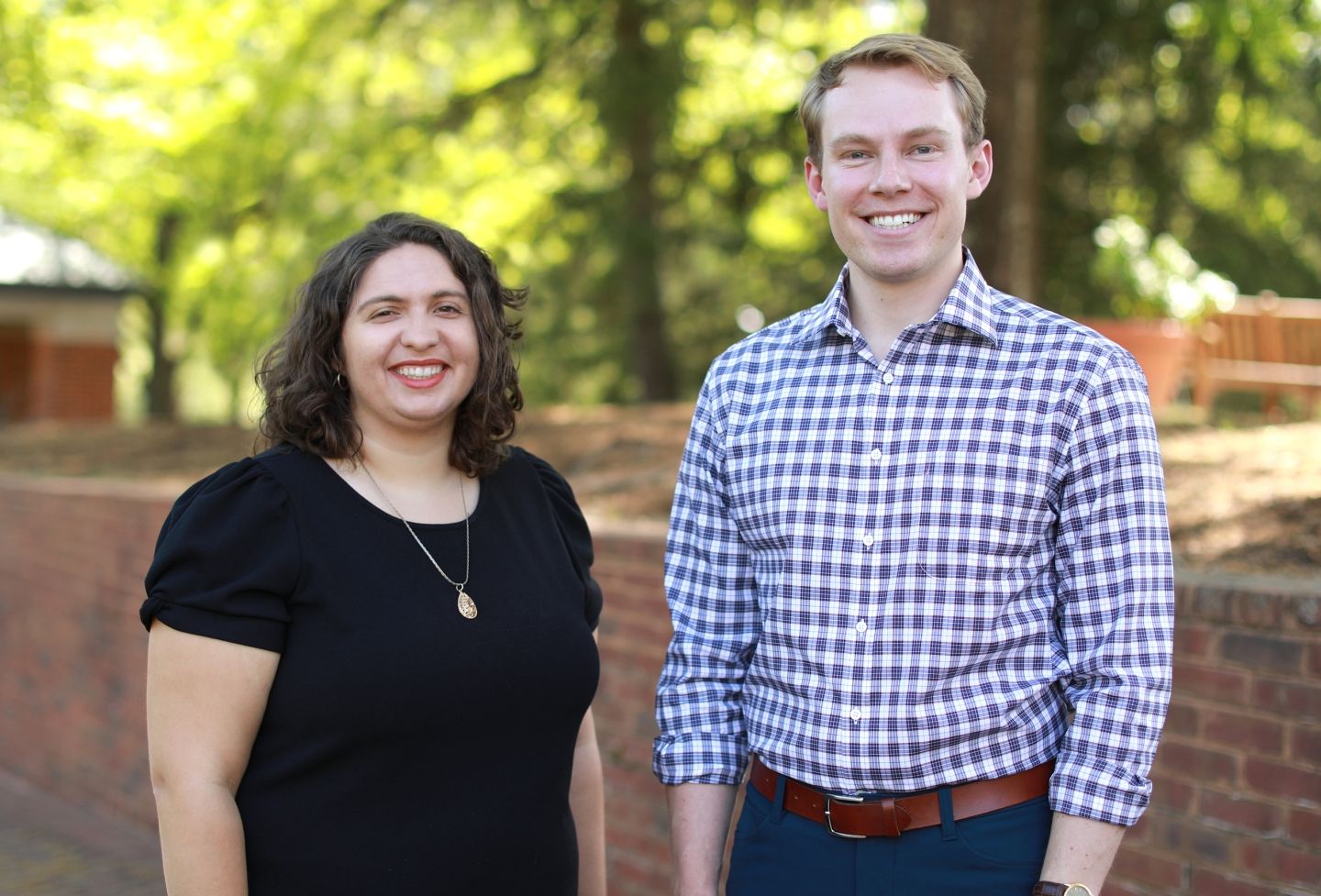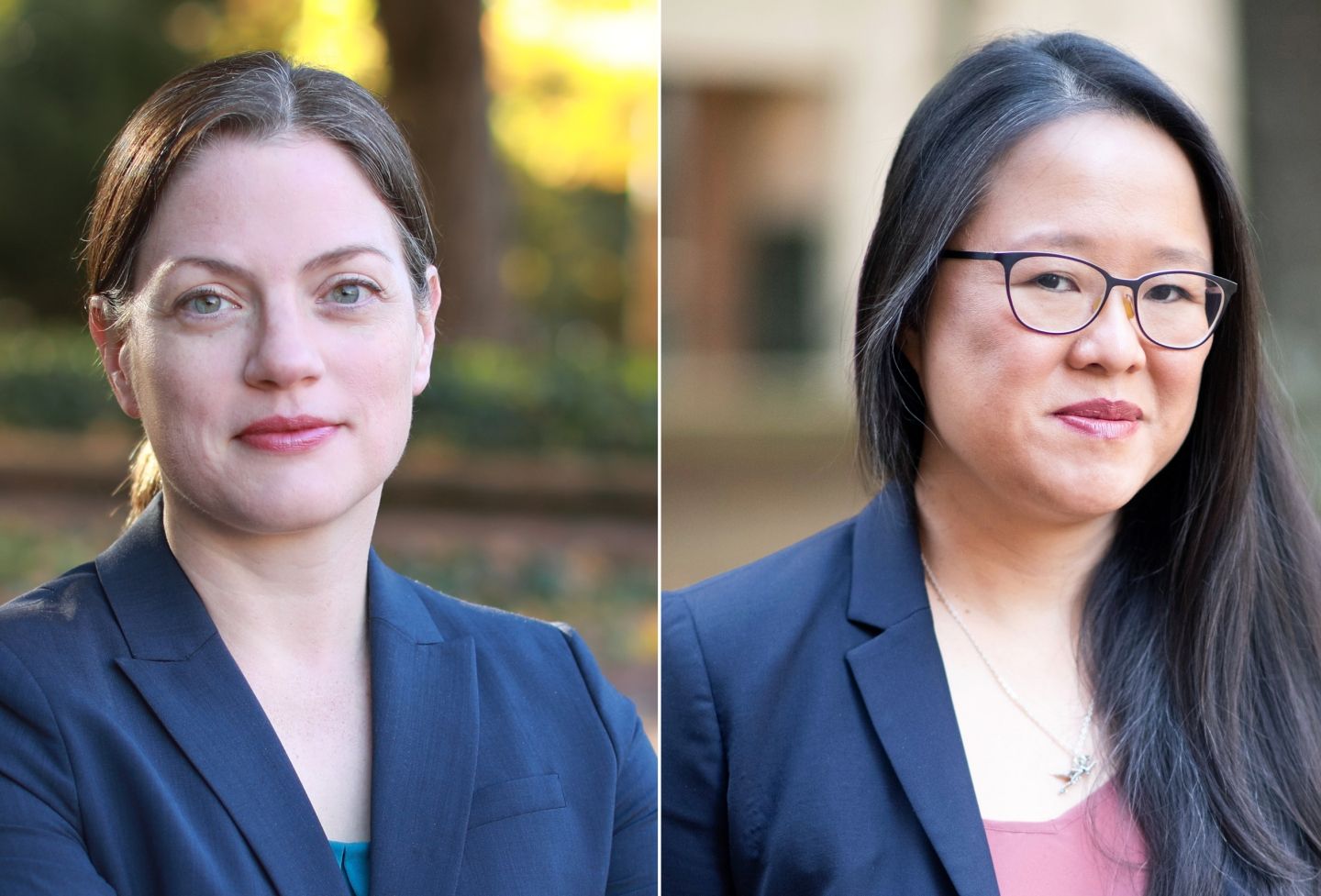An article by University of Virginia School of Law professor Dotan Oliar, economics Ph.D. student Nathanial Pattison and third-year law student K. Ross Powell has been selected for inclusion in the 2015 edition of Intellectual Property Law Review, an anthology of the best IP law scholarship.
Articles selected for the Thomson Reuters (West) annual anthology represent "the best law review articles related to intellectual property published within the last year," according to the publisher.
The paper, "Copyright Registrations: Who, What, When, Where, and Why," is the first to study the contents of individual copyright registration records, and is intended to help lay down an empirical basis for evidence-based copyright lawmaking.
"We want to lay the foundation for subsequent work, by ourselves and hopefully by others too," Oliar said. Looking at 2.3 million registrations from 2008 to 2012, Oliar and his co-authors discovered patterns in how businesses and people of different ages register their creative work.
"Firm authors tend to be geographically concentrated, and to register published works, computer software, periodicals and movies," Oliar said. "Individual authors tend to be geographically dispersed, and to register unpublished works, music, text and drama."
Most registered music works are by authors in their 20s, whereas a majority of computer software authors are in their mid-40s, and authors of literature are mostly in their late 50s.
"We find that older authors tend to register published works, whereas younger authors tend to register unpublished works," he said. "This phenomenon may suggest that older, more experienced authors know their way in the market better than younger, less-experienced authors."
Powell, who gained experience with registration records working on a previous paper co-authored by Oliar, said he learned much about the process of drafting an article for publication. After the new paper was drafted, the authors revised it in response to feedback at a symposium and as the authors continued to analyze the data Powell helped collect.
"Seeing the process play out was instructive," Powell said. "It was proof of the lesson stressed so often by professors: It is critical to write, evaluate, rewrite, evaluate more, rewrite again."
Powell, who will clerk for U.S. Judge Robert Doumar of the Eastern District of Virginia after graduation, said he had to understand copyright regulations to know what the data from the records represented.
"One important contribution of our paper is that it suggests ways that improved access and understanding of the copyright records could help build upon these prior studies," Powell said.
Oliar is continuing to expand his work on copyright registrations. He and George Washington University law professor Robert Brauneis are working together with the U.S. Copyright Office to make available to the public and analyze the office's records dating back to 1978.
Oliar's other research has focused on the intersection of copyright law and technological innovation, motivations to create, and the scope of the federal intellectual property power. His interests include intellectual property, law and economics, empirical methods, property theory and cyber law. He clerked for the Israeli Supreme Court before earning his S.J.D. at Harvard Law School.
Founded in 1819, the University of Virginia School of Law is the second-oldest continuously operating law school in the nation. Consistently ranked among the top law schools, Virginia is a world-renowned training ground for distinguished lawyers and public servants, instilling in them a commitment to leadership, integrity and community service.


